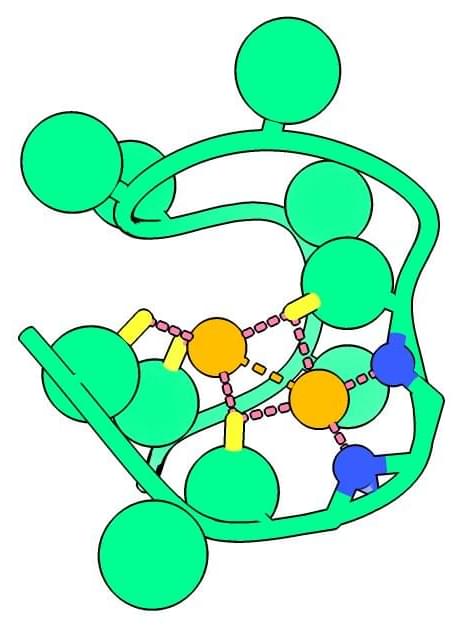A team of Rutgers scientists dedicated to pinpointing the primordial origins of metabolism—a set of core chemical reactions that first powered life on Earth—has identified part of a protein that could provide scientists clues to detecting planets on the verge of producing life.
The research, published in Science Advances, has important implications in the search for extraterrestrial life because it gives researchers a new clue to look for, said Vikas Nanda, a researcher at the Center for Advanced Biotechnology and Medicine (CABM) at Rutgers.
Based on laboratory studies, Rutgers scientists say one of the most likely chemical candidates that kickstarted life was a simple peptide with two nickel atoms they are calling “Nickelback” not because it has anything to do with the Canadian rock band, but because its backbone nitrogen atoms bond two critical nickel atoms. A peptide is a constituent of a protein made up of a few elemental building blocks known as amino acids.










Comments are closed.